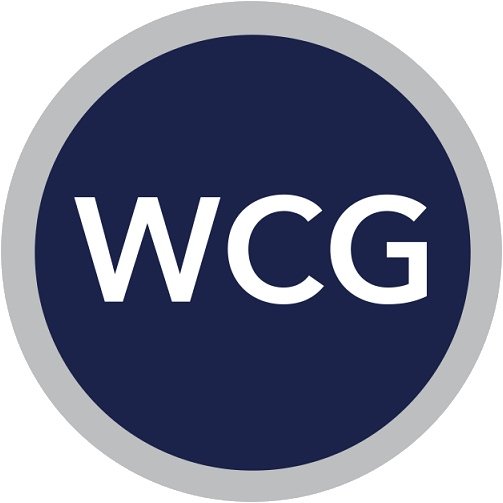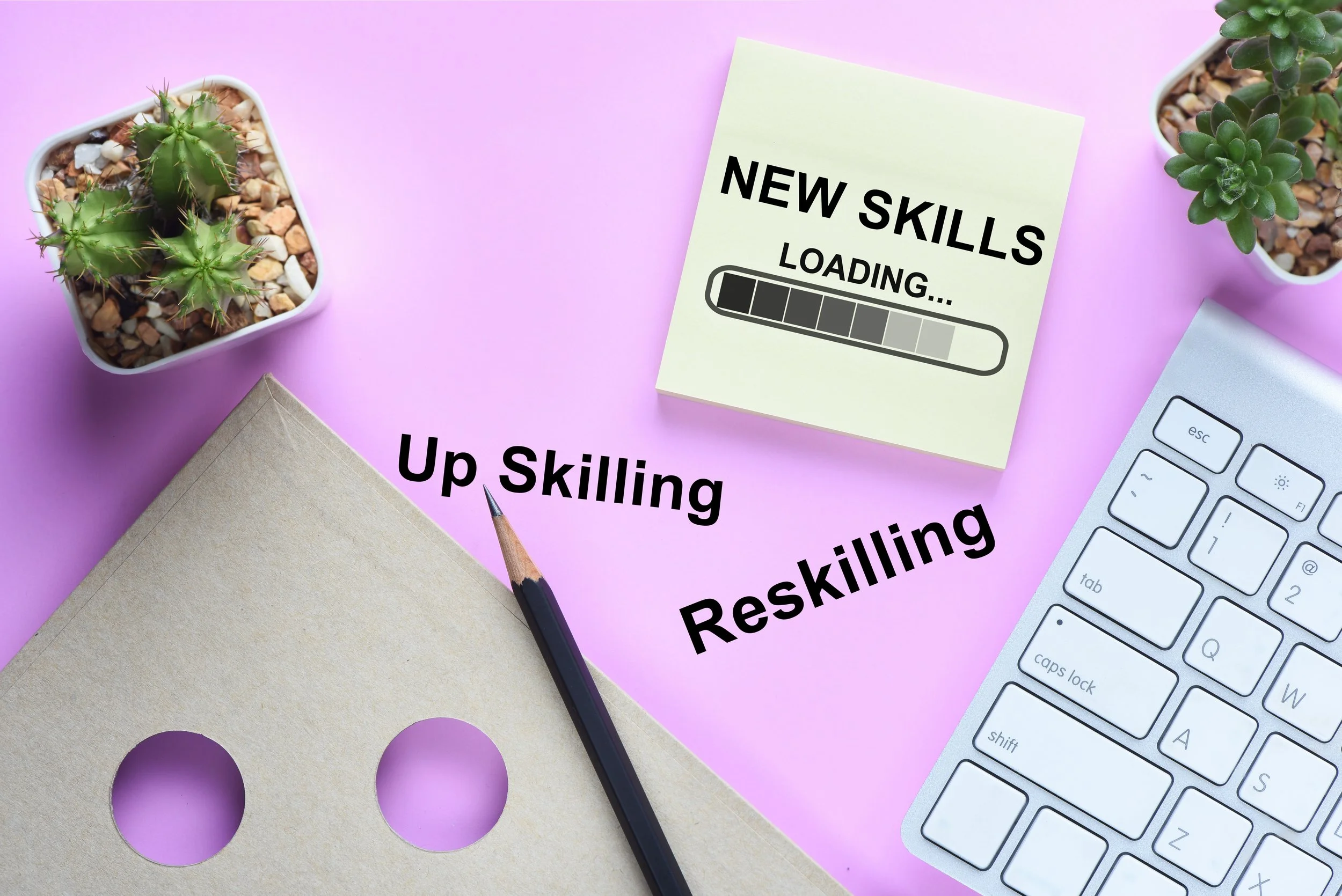Adapting to the Future: Skills for Career Success in 2025
Introduction
The rise of Artificial Intelligence (AI), digital transformation, globalization, hybrid and remote work, complex problem-solving, and emotional intelligence is reshaping the workplace. These trends signify a rapidly changing world of work, challenging traditional ways of operating.
As we move into 2025, learning and adapting to new ways of work isn’t just a nice-to-have—it’s a necessity. It reminds me of the phrase, “Keeping up with the Joneses,” but now it’s more like “Keeping up with the Robots.” AI and other technological advances are transforming the workplace at an unprecedented speed, and choosing not to adapt means risking the relevance of your skills.
A recent Forbes article sums it up perfectly:
"In 2025, success in business and careers will hinge not on what you know but on how effectively you can leverage skills that drive innovation and value creation. As AI and digital connectivity reshape industries at breakneck speed, those who can adapt and harness these transformative forces will seize the most lucrative opportunities."
So, how do you position yourself to succeed? As a leader in Human Resources, I believe the focus for 2025 should center on building the right skills to navigate these changes. These include cultivating a continual learning mindset, developing human-centric skills that robots can’t replace, and embracing adaptability.
Before diving into these critical areas, let’s ground ourselves in the concept of digital transformation. McKinsey describes it as: "The rewiring of an organization, with the goal of creating value by continuously deploying tech at scale."
Digital transformation isn’t a one-and-done project; it’s an ongoing journey for most professionals and leaders. In this blog, we’ll explore the top three skills to help you stay ahead, keep up with the robots, and thrive in this ever-evolving workplace.
Top Skills to Focus on in 2025
Continual Learning Mindset
No one completely understands all the latest digital trends or fully grasps the implications of emerging technologies, but some set themselves apart through curiosity and questioning. Cultivating a continual learning mindset ensures adaptability, openness to change, and the ability to stay at the forefront of new skills.
Integrating continual learning strategies into your routine helps you stay ahead of the curve and manage technological changes effectively. Common strategies include:
Enrolling in online courses, webinars, and workshops: Platforms like Coursera and LinkedIn Learning offer courses on the latest trends.
Following industry leaders: Listen to podcasts, sign up for blogs, and follow social media accounts of experts in your field.
Attending industry conferences: These gatherings provide valuable insights into emerging technologies and networking opportunities.
Recently, I was struggling with a slide deck, spending too much time on a visual. A colleague introduced me to Napkin, an online tool that turns simple text into visuals, saving time while producing professional results. This experience reinforced the idea of working smarter, not harder—a key aspect of a continual learning mindset. Most new technologies simplify tasks, allowing you to focus on more human-centric skills that are increasingly valuable.
Focus on Human-Centric Skills
What should you focus on with the time that technology frees up? Human-centric skills—those that AI can’t replace. Tools like Microsoft Copilot or ChatGPT can streamline tasks, but they rely on human input for effective results.
Forbes highlights several critical human-centric skills, with three that stand out:
Critical Thinking
Judgment and Complex Decision-Making
Emotional Intelligence (EQ) and Empathy
These skills require time and intentional effort to master. While AI can generate ideas or analyses, humans must evaluate implications, gather supporting data, and consider broader impacts. Employees who excel at these skills differentiate themselves by their ability to think critically and see the bigger picture.
Adaptability
One constant in the workplace is change. The trends discussed—market fluctuations, globalization, and hybrid work—are reshaping how and where we work.
Key areas of adaptability in 2025:
Market fluctuations: Industries face increasing pressure to “do more with less.” Employees must adjust priorities and strategies quickly, while leaders need to communicate these shifts effectively.
Globalization: As global workforces grow, skills like cultural awareness and the ability to navigate diverse working norms are essential.
Hybrid work models: Despite debates about returning to the office, hybrid and remote work are here to stay. Success will depend on collaboration and teamwork across locations.
The new norm is comfort with the unknown and the agility to pivot. Employees who embrace these changes with resilience will thrive in the dynamic workplace of 2025.
Engage a Career Coach to Stay Ahead
Constant disruptions to traditional ways of working can feel overwhelming, especially with the rapid pace at which new technologies and methods are being introduced. This can make it challenging to set clear learning plans and goals. At times like these, a career coach can offer invaluable support by providing an objective perspective, helping you create a structured development plan, and acting as a sounding board for navigating workplace challenges.
I’ve personally seen the positive impact that career coaching can have, particularly through The Wilbanks Consulting Group. Their experienced coaches, with diverse backgrounds and industry expertise, help professionals craft long-term strategies for career growth and satisfaction. Whether you’re preparing for annual performance reviews or looking to realign your career goals, they provide actionable insights tailored to your needs.
Reach out to The Wilbanks Consulting Group today and schedule a FREE 30 minute consultation to start building a plan for success.


